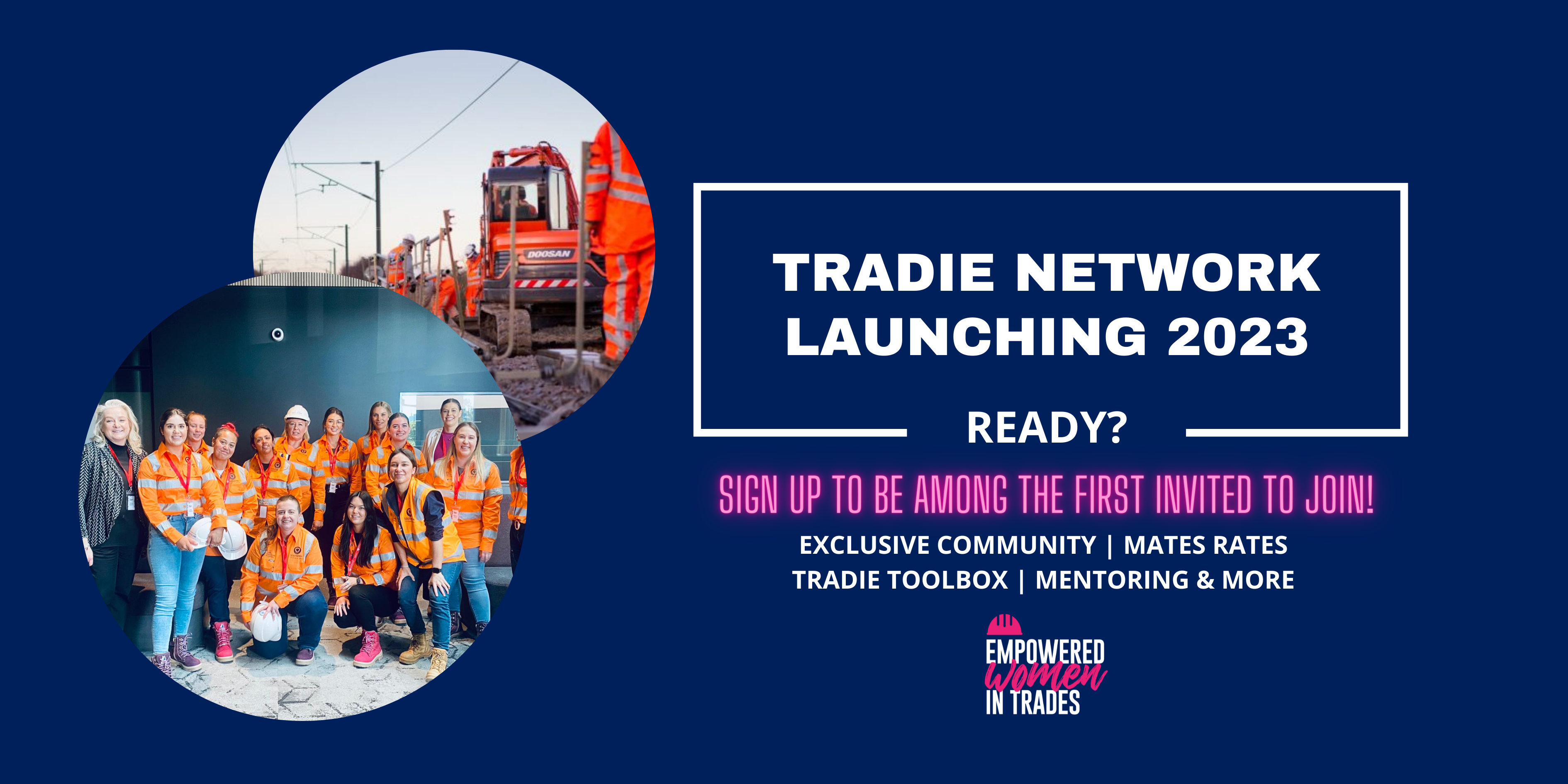Quick Links
Contact
| Phone: | 1800 18 EWIT, or 1800 18 3948 |
|---|---|
| Email: | enquiries@ewitrades.com |
| Social: |
|
| Address: | PO Box 5071 Alphington Vic 3078 Australia |
 Our team works from many locations and we acknowledge the Traditional Owners of Country throughout Australia. We recognise their continuing connection to land, waters and culture. We pay our respects to their Elders past, present and emerging.
Our team works from many locations and we acknowledge the Traditional Owners of Country throughout Australia. We recognise their continuing connection to land, waters and culture. We pay our respects to their Elders past, present and emerging.
 EWIT is a proudly inclusive organisation and an ally of LGBTIQ+ community and the movement toward equality.
EWIT is a proudly inclusive organisation and an ally of LGBTIQ+ community and the movement toward equality.




